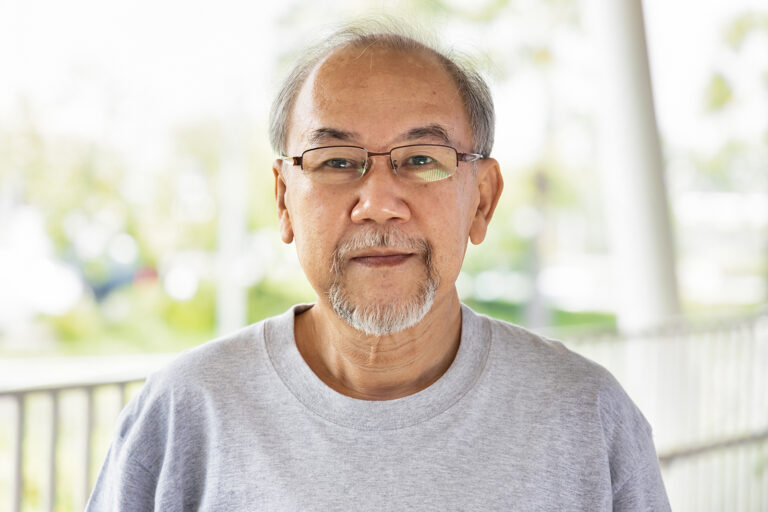Recent years have seen a fundamental change in the landscape of clinical trial design. The central driving force is a view that acknowledges the ethical and practical imperative to involve patients more actively in the design of clinical trials.
Importance of co-creation in clinical trials
Co-creation in clinical trials is a collaboration between researchers, patients, and advocacy groups to design studies that are scientifically solid yet ethically and practically attuned to the patient’s needs and realities. This will ensure that the patient’s voice is taken from the early design of the protocol to the development of patient-facing materials. In the UK, US, and Canada, such stringent ethical regulation compels the necessity to bring in a patient perspective to ensure participant safety and the relevance of research findings in practice. The requirements begin to outline the need for patient involvement in clinical trials, which, in turn, has already started to direct study designs towards being more inclusive and patient centred.
Beyond the US: Global views on co-creation
Most of the discussion regarding patient advocacy and co-creation has been confined to the US. However, the value and importance of both conventions are fast being realised worldwide. Every geographic region presents unique challenges and opportunities for patient engagement leaders, and the global example of success in the negotiation of such complexities is COUCH Health.
Latin America has a diverse culture and healthcare system that prescribes different challenges for patient engagement. The most critical challenge is the language barrier and various levels of health literacy across the region. COUCH Health collaborates with local advocacy groups to ensure that materials for a trial are correctly translated, and information is presented in a culturally sensitive way, including the use of regional dialects and relevant examples. Besides, with varied health concerns within the countries, clinical trial designs also need to take care of this issue. For example, dengue fever and Chagas disease are more prevalent in some regions. COUCH Health partners with local health specialists and patient groups to design trials that are relevant to the population of the region, thus assuring there is an increase in activity and participation.
Europe has fragmentation of public and private healthcare systems, with Western Europe having very mature private healthcare activities. These complex systems require adherence for compliance as well as meeting the needs of the patient. In countries like Germany and France, with public health care, the trials must satisfy national policies on health and, at the same time, be approved by several sets of regulations. In Western Europe, COUCH Health is associated with a working model where there is close collaboration with European patient advocates to develop trial protocols that meet these diverse sets of requirements and conform to them. This should address the disparity in healthcare access across countries and ensure trial designs are inclusive of patients across all strata. This also means that, in the UK, COUCH Health had co-created with the NHS and local patient groups their trial designs, taking into account the needs of these very distinct patients within the public health system.
Eastern Europe presents its own set of challenges and opportunities. There has been a long history of underrepresentation in global clinical trials, representing a significant and critical need to build trust and effectively engage local communities. Besides, most Eastern European countries have newly developed healthcare systems and poorly developed regulatory frameworks, which sometimes can result in challenges for clinical trial approval and execution. COUCH Health has been an essential liaison working on relationship building in Eastern Europe to ensure that the designs of the trials are resonant with regional regulations and compliant. Yet, they do resonate with the needs and concerns of this patient population. This includes significant community outreach and education to demystify clinical trials and foster participation among this population. In Poland and Hungary, for instance, COUCH Health conducted a series of educational workshops in collaboration with patients’ organisations to describe the benefits and processes of clinical trials, building trust and fostering clinical trial participation.
Ethical imperatives and practical beneficial approaches
The ethical imperative behind the co-creation of clinical trial designs is that such decisions will be seen as respecting patients’ autonomy ensuring research is conducted at the highest standards of integrity and showing respect for research participants. However, the pragmatic benefits are just as compelling. Trials designed with patient input are more likely to succeed in recruitment and retention because participants feel valued and understood. Moreover, patient-centred trials can yield more relevant and actionable data, ultimately accelerating the development of effective therapies.
Co-creation of patient-facing materials
Beyond protocol design, co-creation extends to developing patient-facing materials. Material is paramount in ensuring that the patients are well-informed about the trial procedure and their participation. COUCH Health always does a great job of appropriate patient-facing materials that can be informative, accessible, and engaging for each patient under this trial. Patient-facing materials should be clear and concise, free from medical jargon that might confuse participants from the public. COUCH Health integrates the patient in developing these materials so they can be a true reflection of what the target audience finds most appealing. This way, the materials developed are clear and relevant in impacting the patients’ overall experience.
Latin America: The patient materials developed for audiences within Latin America have been created to touch on the cultural sensitivity of the audience and the availability of various languages for diverse populations. For example, they have developed visual aids and interactive content for explaining complicated medical phenomena in simple ways, covering different levels of literacy and education. Usually, such materials are cross-checked with local patient groups with respect to their effectiveness and clarity.
Europe: COUCH Health has worked with local patient advocacy groups, developing resources based on the unique healthcare environment and patient needs of each country. This also includes equal materials, not just translation but localisation, considering cultural differences in how people perceive and use health information. For example, in Germany, information for patients could note legal rights and insurance coverage. At the same time, in Eastern Europe, materials could be targeted to eliminate historical mistrust and explain the benefits of trial participation.
As the world of clinical research continues to morph and bend into new directions, the roles of patient advocacy groups and the very practice of co-creation will become ever more critical. Ultimately, it is in this locality that the leadership of COUCH Health proves the profound influence of patient-centred methodologies in contributing toward the triumph and invincibility of clinical trials. By championing such practices across diverse global contexts, COUCH Health sets a new standard in ethical, practical, patient-focused clinical research.









